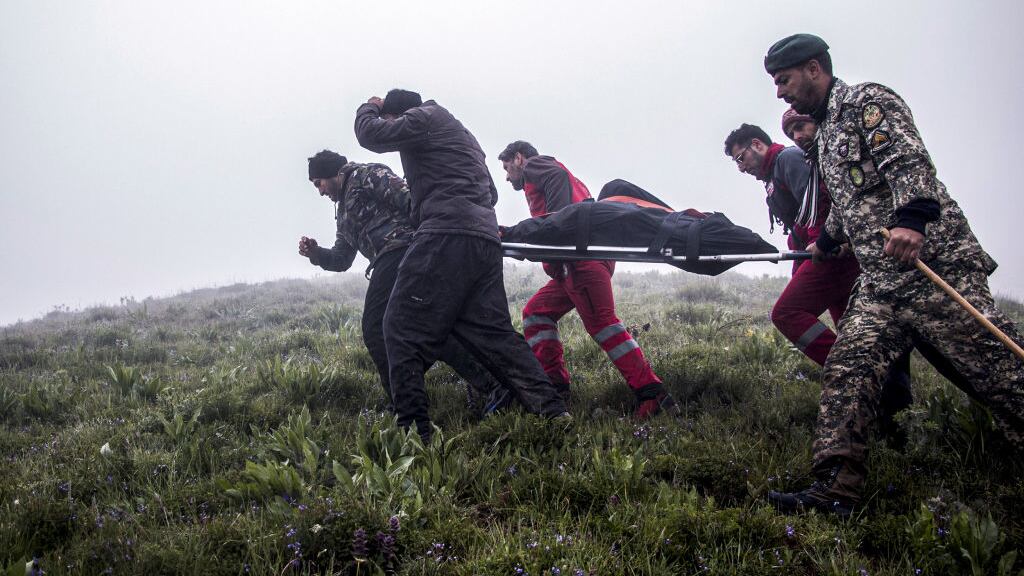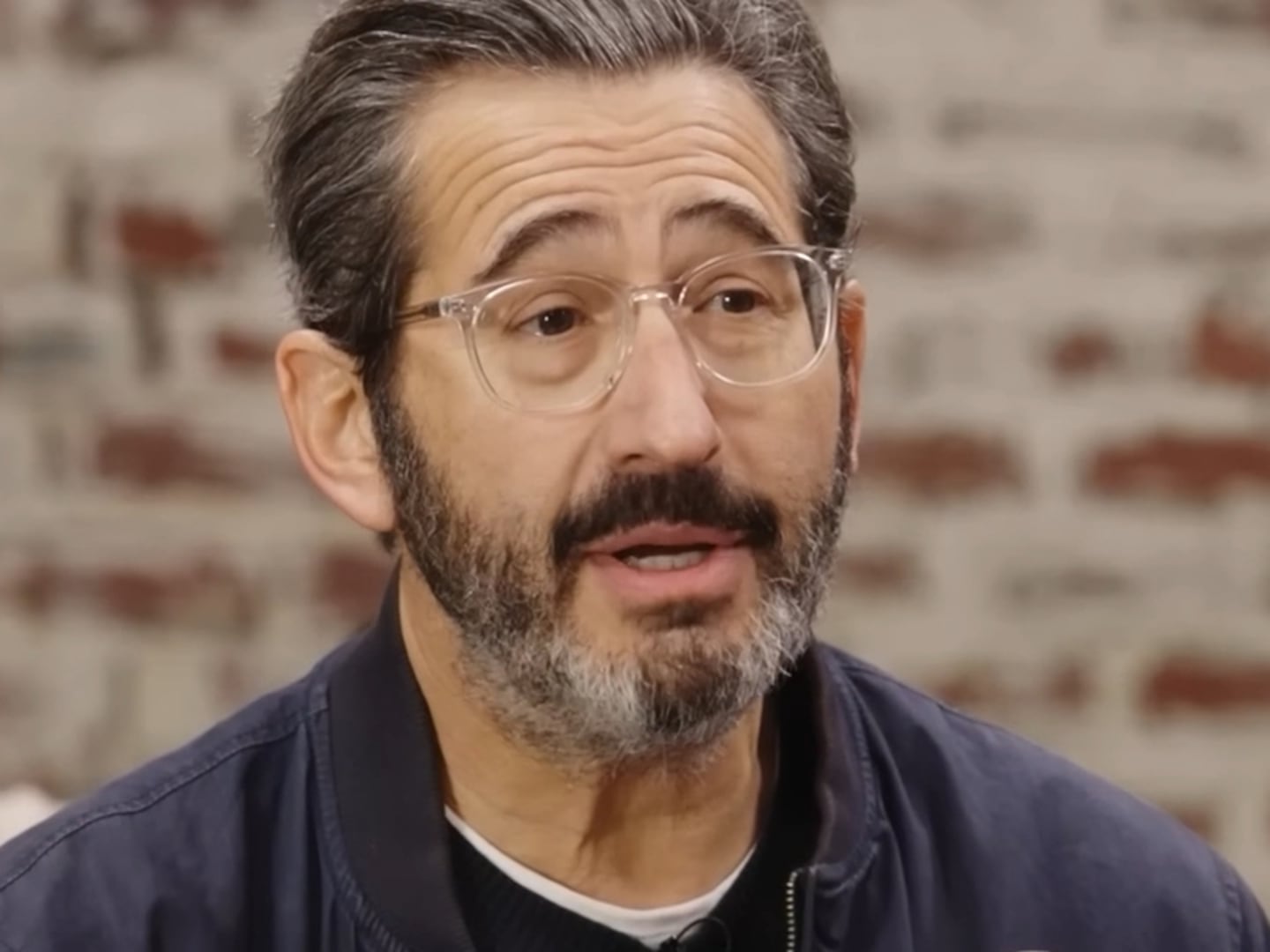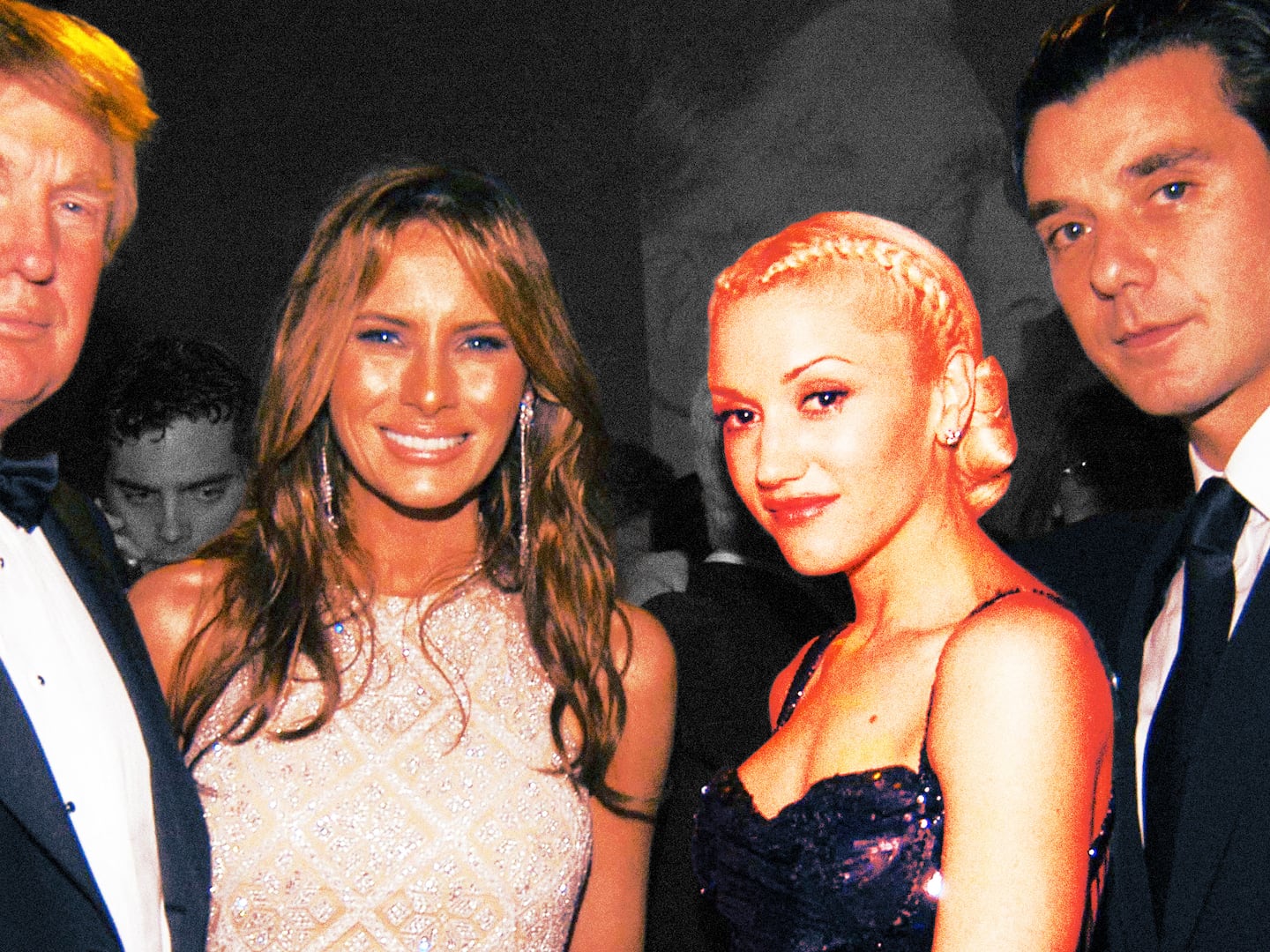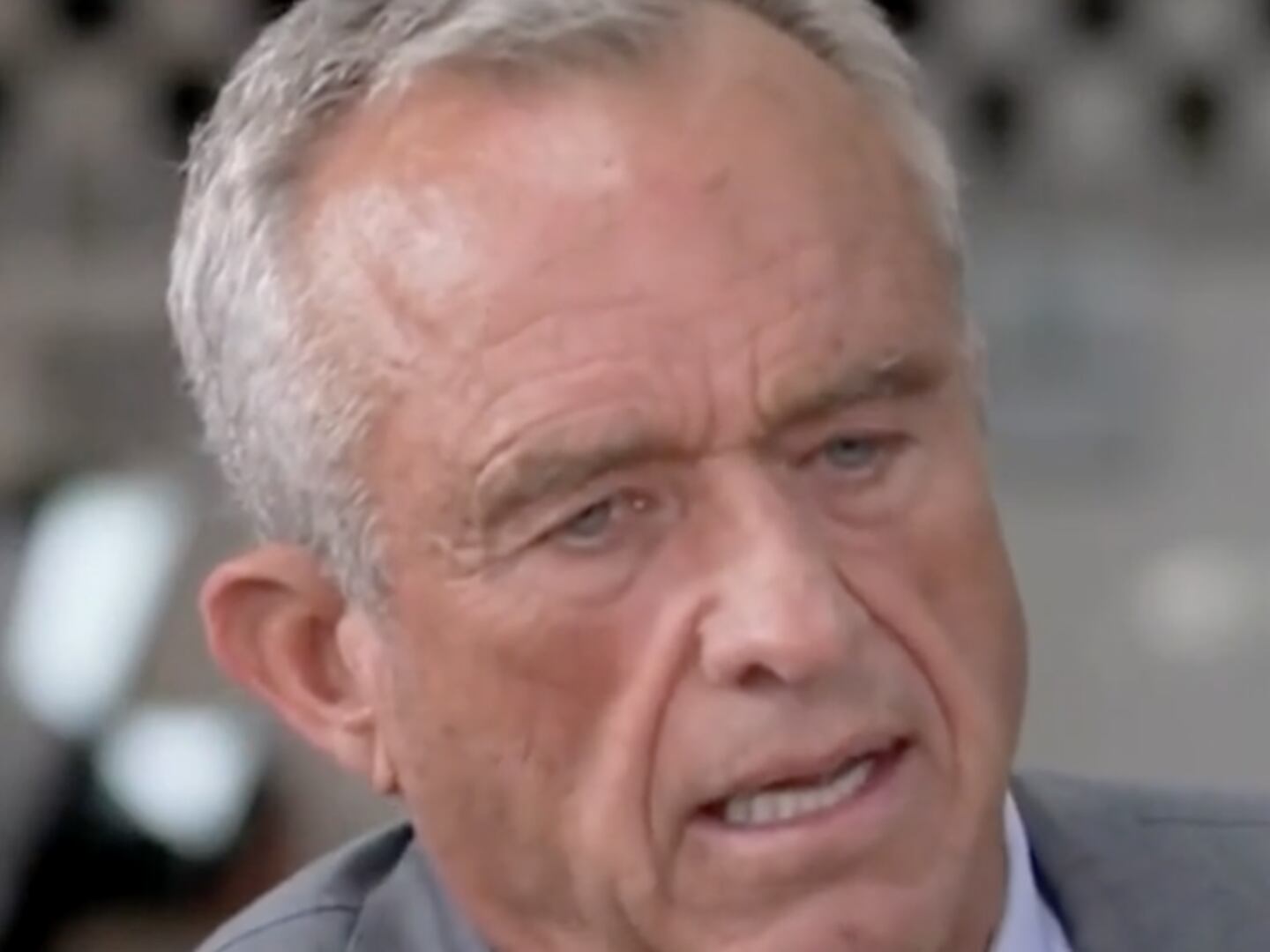Middle East
Azin Haghighi/Anadolu via Getty Images
Israel on Iran President’s Helicopter Crash Death: ‘It Wasn’t Us!’
IT WASN’T ME
The so-called “Butcher of Tehran” and others were killed in the crash for which has been attributed to a “technical failure.”

Trending Now




